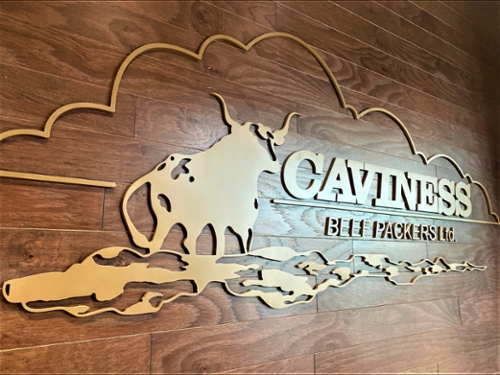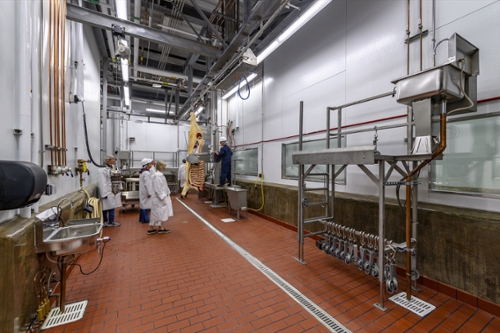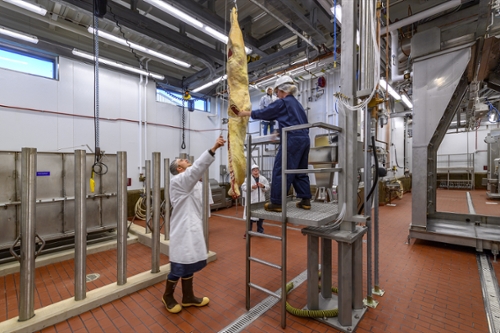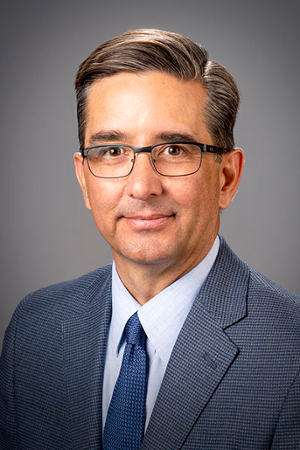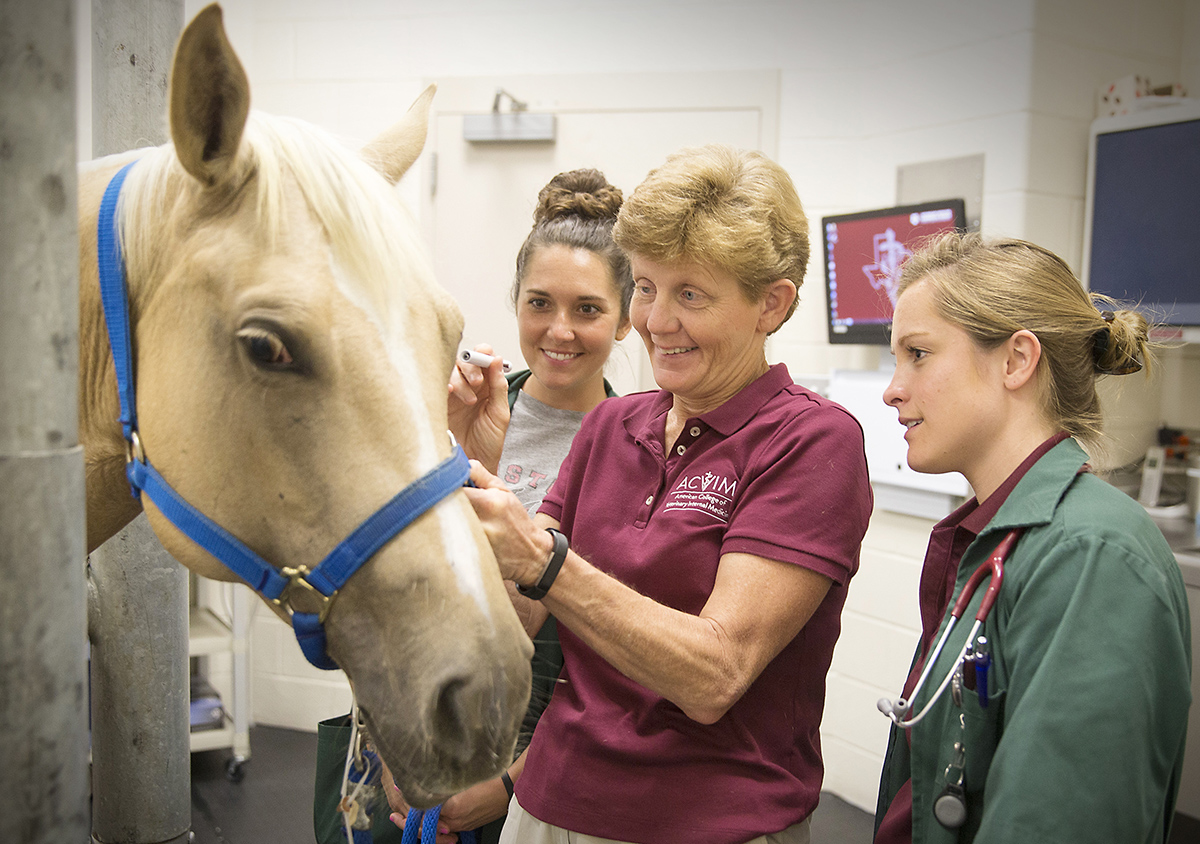Advances in Research
In any industry, the purpose of research teams is to enhance the quality of life and production in their environments by increasing knowledge and understanding in order to make a difference. WTAMU's internationally recognized faculty members lead University research projects that result in the highest level of student enegagement and education. Hours of data collection and nights spent calculating, writing, and editing information culminate into a postgraduate degree that prepares WT graduates for career opportunities in their chosen fields of study and community service. Innovation and research make our environments and our world a better place.
Subject Matter/Areas of Research Excellence
Resources for Researchers
- Funding Opportunities:
- Proposal Development
- Sponsored Research Services
- Other Collaborators/Research Partners

